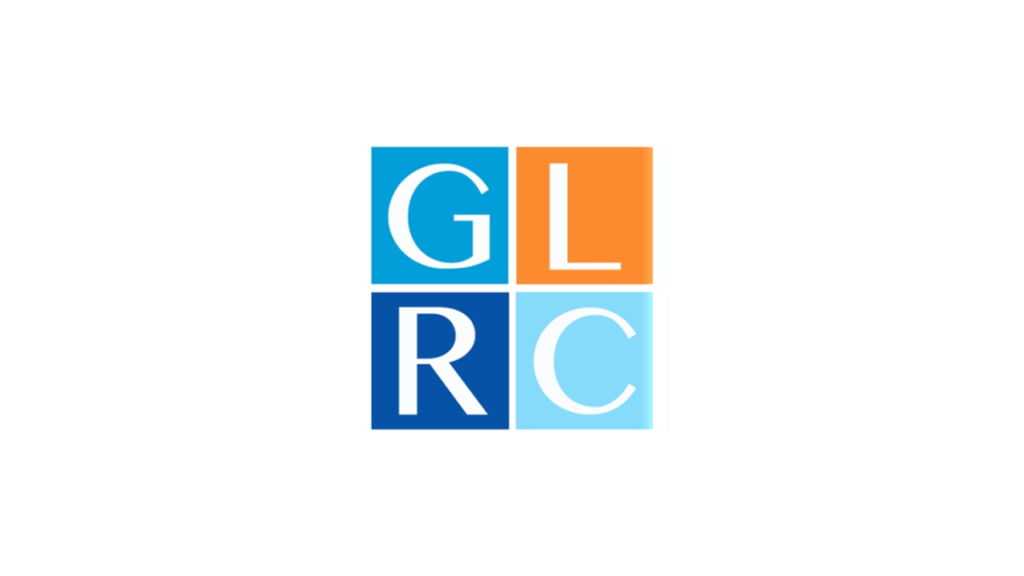Alcohol Awareness Month – why it’s important in the U.P.

MARQUETTE – Drinking is not a problem for everyone, but can be for some. April is Alcohol Awareness Month and the Michigan Liquor Control Commission wants residents to know the difference between social drinking and problem drinking.
Studies show that Michigan residents have been drinking less following the height of the COVID–19 pandemic. But that doesn’t change the fact that drinking can cause a variety health, mental health and social problems for some people public health officials believe that drinking 2 alcoholic beverages or less per day considered moderate drinking. But there are several scenarios in which people should not drink at all according to the CDC
Paul Olson is a therapist at Great Lakes Recovery Centers. He says that while alcohol use has gone down since 2020,the pandemic amplified what was already an urgent issue.
“Alcohol is obviously the number one drug problem we have in this county in the Upper Peninsula in the state of Michigan, In the United States.” Olson said. “During the pandemic, we know that alcohol use went up. We know that that was really hard for people on recovery in recovery because they’re very concerned with the uncertainties that were going on and in our culture during that time.”
Public health officials believe that drinking 2 alcoholic beverages or less per day considered moderate drinking.
But there are several scenarios in which people avoid drinking alcohol, according to the CDC. Those include”
- If they are pregnant or might be pregnant.
- If they are younger than age 21.
- If they have certain medical conditions or are taking certain medications that can interact with alcohol.
- If they are recovering from an alcohol use disorder or if they are unable to control the amount they drink.4
“Alcohol use of course, in our society, is socially acceptable. If you were invited to a White House State Dinner and you went through security, the first thing they would do is offer you a glass of wine. It’s that integrated into our society,” Olson said. “That’s different from counseling standpoint or from a mental health standpoint, the disease of alcohol use disorder. Which is when a person has other problems that are being caused in their life by their alcohol use. We haven’t seen alcohol use go down among our clients hear at, Great Lakes. But that might be a reflection of the fact that alcoholism is a disease. The science of that is set. it’s a disease. (And) there’s definitely a genetic component.”
If you or someone you know may be suffering from alcohol abuse disorder, some helpful websites are listed below.
michigan.gov/mdhhs/0,5885,7-339-71548_54783_54784_74886-247299–,00.html
https://www.cdc.gov/alcohol/fact-sheets/moderate-drinking.htm
For help call Great Lakes Recovery at (906) 228-9696 or toll free at (855) 906-GLRC (4572) or visit their website: at www.greatlakesrecovery.org
https://www.aa.org/
https://dialhelp.org/
